Practise decoding words that include 4 examples of consonant digraphs with our digraph flashcards and board game set.
Learning Consonant Digraphs
Consonant digraphs (two successive non-vowels combined to form one sound) are found so commonly in the English language that they’re a whole subset of your students’ phonological awareness lessons.
Consonant digraphs are so common that 6 out of the 29 words above include them! 😉
All that to say, the ability to identify them and their sound to decode words is essential in building your students’ foundational language skills!
Practise Reading By Decoding Digraphs
This activity shows that students understand the spelling-sound correspondences for common consonant digraphs at the beginning or end of a word.
To play, students will choose a card to identify the digraph and look at the game board to find the next picture that includes that digraph at the beginning or end of the word.
The initial and final digraph sounds included in this game:
- ch
- sh
- th
- wh
Scaffolding + Extension Tips
As an additional challenge, have students name another object that starts or ends with the digraph before moving to the new space.
Support students who need help understanding the concepts with a visual reference, like a poster or anchor chart with consonant digraph examples.
Easily Prepare This Resource for Your Students
Use the dropdown icon on the Download button to choose between the PDF or Google Slides version of this resource. Print on cardstock for added durability and longevity. Place all pieces in a folder or large envelope for easy access.
This resource was created by Lindsey Phillips, a Teach Starter Collaborator.
More Consonant Digraph Activities for the Classroom
Looking for more consonant digraph activities to use in your rotations in your classroom?
[resource:1670302] [resource:103097] [resource:4845095]
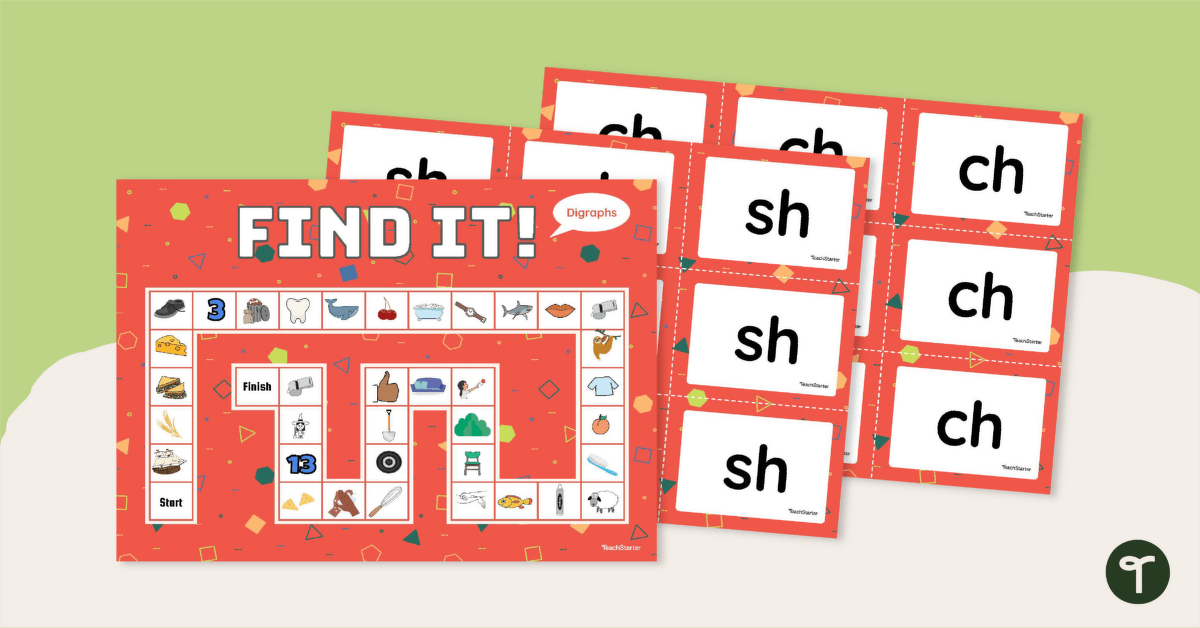

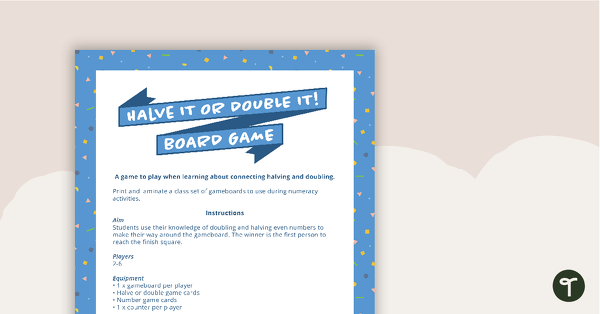
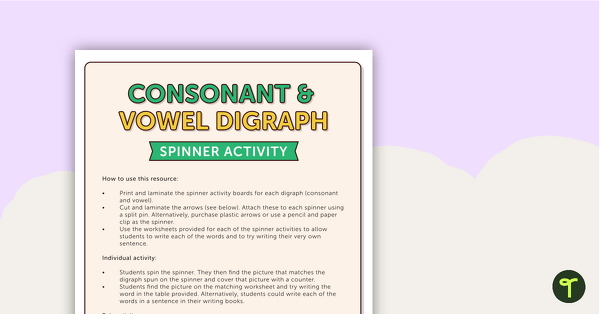
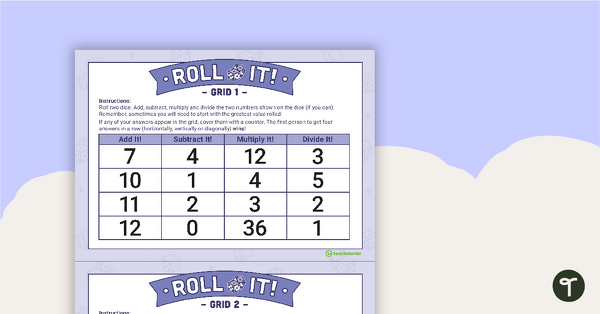
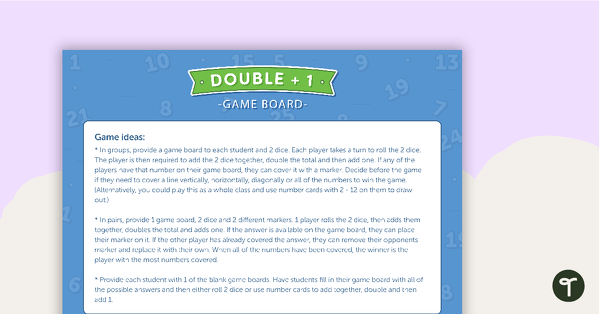
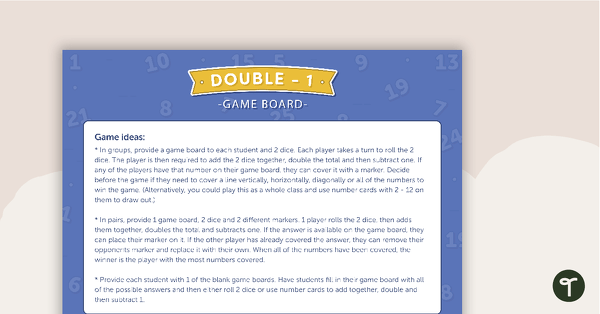
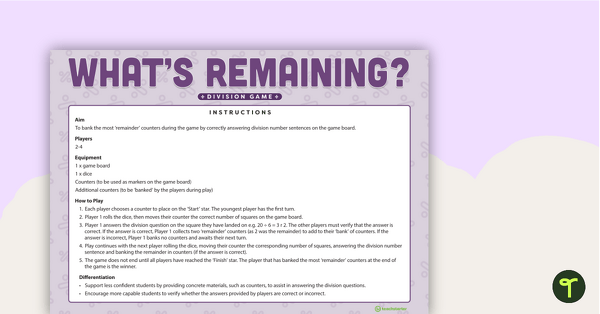
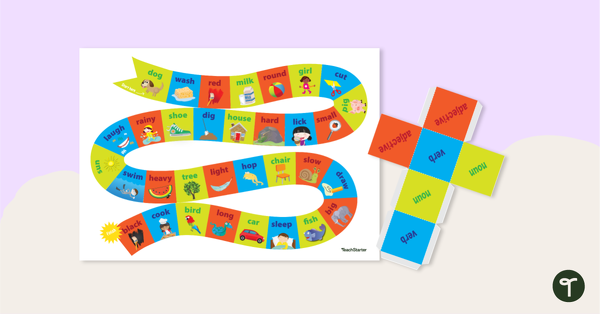
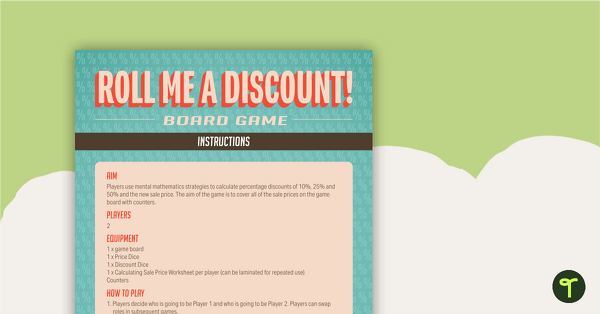
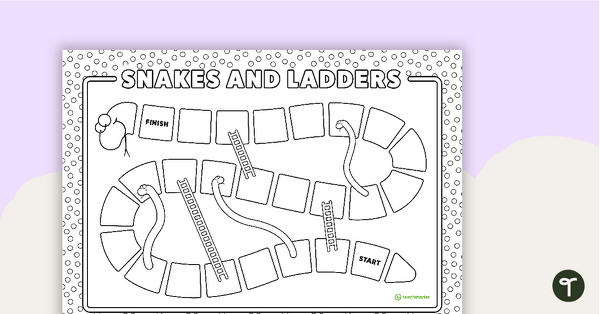
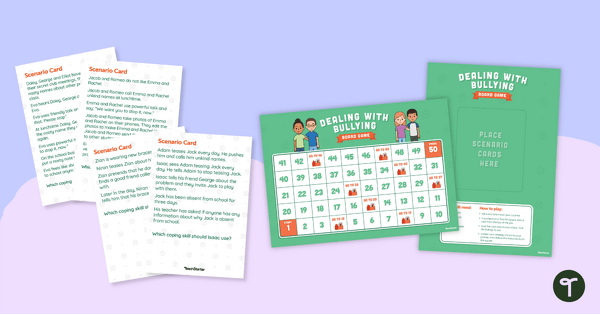
0 Comments
Write a review to help other teachers and parents like yourself. If you'd like to request a change to this resource, or report an error, select the corresponding tab above.